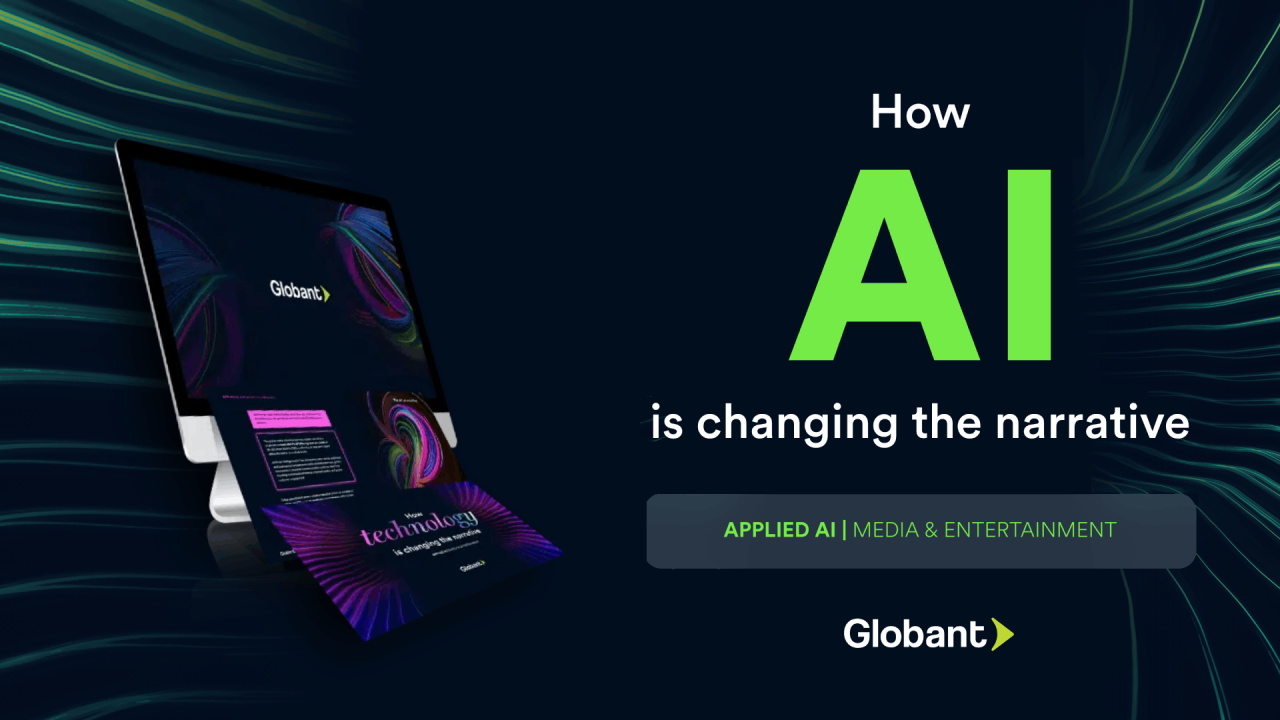The entertainment industry has always been at the forefront of technological innovation. From the earliest days of cinema to the rise of streaming services, technology has consistently driven change and opened new possibilities. Today, advancements in technology are transforming the entertainment industry in unprecedented ways. This article explores how tech is reshaping various facets of entertainment, from content creation to distribution and viewer experiences.
The Evolution of Content Creation
Technology has revolutionized content creation, making it more accessible and versatile. High-definition cameras, advanced editing software, and special effects tools have dramatically improved the quality and creativity of film and television production. The advent of digital tools has democratized content creation, allowing independent creators to produce professional-grade work with relatively modest budgets.
Virtual reality (VR) and augmented reality (AR) are pushing the boundaries even further. VR allows creators to build immersive worlds that engage audiences in new and exciting ways, while AR enhances live experiences with interactive elements. For instance, VR experiences are being used for everything from virtual concerts to interactive film experiences, creating new opportunities for storytelling.
Streaming Services: A Game Changer
The rise of streaming services has been one of the most significant tech-driven changes in the entertainment industry. Platforms like Netflix, Hulu, and Disney+ have shifted the focus from traditional broadcast and cable TV to on-demand content. This shift has changed not only how people consume media but also how content is produced and distributed.
Streaming services use advanced algorithms and data analytics to recommend content tailored to individual preferences. This personalized approach enhances viewer satisfaction and keeps audiences engaged. Additionally, the data collected by these platforms provides valuable insights into viewer behavior, helping creators and producers make informed decisions about what content to develop next.
To stay updated on the latest trends and insights in tech, you can visit our tech blog. This resource offers in-depth analyses and news about the intersection of technology and various industries, including entertainment.
The Impact of Artificial Intelligence
Artificial intelligence (AI) is increasingly influencing the entertainment industry. AI algorithms are used to create realistic special effects, enhance visual and sound quality, and even generate scripts. In music, AI tools can compose original pieces or assist in mixing and mastering tracks. AI is also being employed to analyze viewer data and predict trends, helping studios and streaming services tailor their offerings to market demands.
One notable application of AI is in content recommendation systems. By analyzing viewing habits and preferences, AI can suggest content that users are likely to enjoy, increasing user engagement and satisfaction. This personalization extends to advertising as well, with AI-driven ads becoming more targeted and relevant to individual viewers.
The Role of Blockchain in Digital Rights Management
Blockchain technology is emerging as a solution to the complex issue of digital rights management (DRM) in the entertainment industry. Blockchain offers a decentralized and transparent way to track and manage digital content rights, ensuring that creators are fairly compensated for their work.
Through blockchain, every transaction involving digital content can be recorded on a secure ledger, making it easier to verify ownership and prevent unauthorized use. This technology also allows for more efficient royalty distribution, as smart contracts can automate payments based on usage and distribution metrics.
The Future of Entertainment Technology
Looking ahead, the entertainment industry is poised for even more technological advancements. Developments in 5G technology will enable faster data transfer and more immersive experiences, such as high-definition VR streaming and real-time interactive content. Additionally, advances in machine learning and natural language processing will enhance content creation, making it possible to generate more sophisticated and engaging media experiences.
As technology continues to evolve, the entertainment industry will adapt and innovate, creating new opportunities for creators and audiences alike. From immersive VR experiences to AI-driven content recommendations, the future of entertainment is bright and full of potential.
In conclusion, technology is reshaping the entertainment industry in profound ways. From content creation and distribution to viewer experiences and digital rights management, tech advancements are driving change and opening new possibilities. As we look to the future, it’s clear that technology will continue to play a pivotal role in shaping the entertainment landscape, offering exciting new experiences and opportunities for both creators and audiences.



